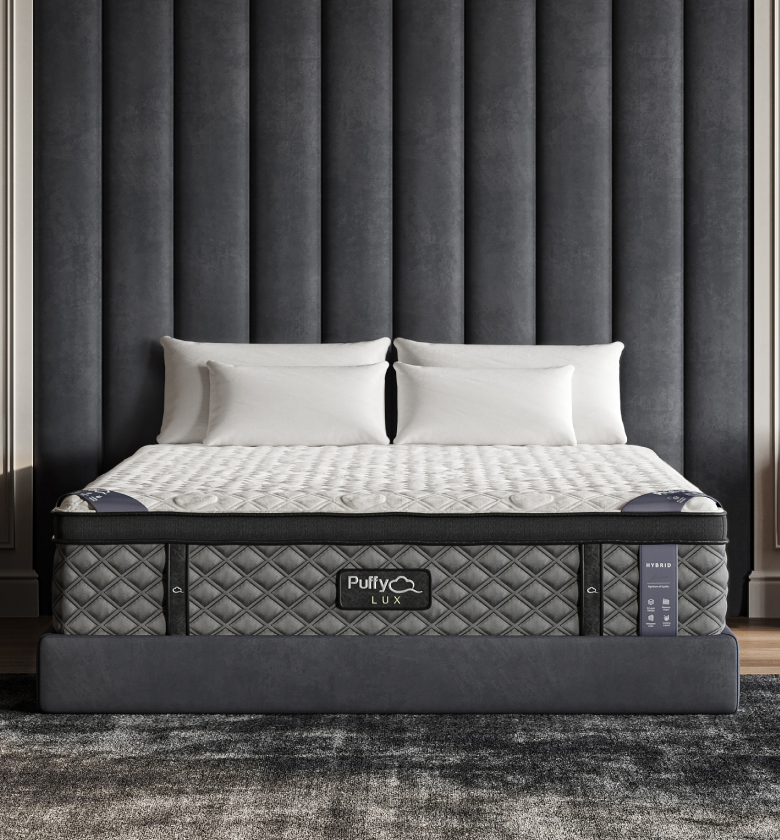Key Takeaways
- Natural Temperature Regulation: Both silk and wool comforters offer excellent temperature-regulating properties, adapting to your body throughout the night.
- Maintenance Requirements: Silk comforters typically need professional cleaning, while wool comforters are more forgiving with home care.
- Investment Value: Though both options have higher upfront costs, their durability and comfort benefits make them worthwhile long-term investments.
- Allergen Resistance: Both materials naturally resist dust mites and allergens, making them excellent choices for sensitive sleepers.
The eternal debate between silk and wool comforters continues to challenge shoppers seeking their perfect sleep solution. Both materials offer unique benefits and considerations that can significantly impact your sleep quality.
This comprehensive guide will help you understand the key differences between these premium bedding options and make an informed decision.
Wool vs Silk Comforter Comparison
- Durability and Longevity: While both materials are naturally durable, wool tends to maintain its loft longer with proper care. A well-maintained wool comforter can last 15-20 years, while silk typically lasts 10-15 years.
- Temperature Regulation: Both materials excel at temperature regulation, but they work differently. Wool actively wicks moisture and provides excellent insulation, while silk adapts to your body temperature more passively.
- Weight and Feel: Silk comforters are typically lighter and create a floating sensation, while wool provides a more grounding, cozy feel that many sleepers prefer.
- Maintenance Requirements: Silk requires professional cleaning and careful handling, while wool can often be machine washed on gentle cycles. Both need proper storage during off-seasons and regular airing out, and neither should be exposed to direct sunlight for extended periods.
Properties of Silk Comforters
- Natural Temperature Adaptation: This lightweight material provides remarkable temperature regulation throughout the year. Silk naturally adjusts to your body temperature, keeping you cool in summer and cozy in winter.
- Hypoallergenic Properties: Silk’s natural protein structure creates an inhospitable environment for dust mites and other allergens, making it an excellent choice for allergy sufferers.
- Moisture-Wicking Capabilities: The material’s natural fibers excel at wicking away moisture while you sleep, helping maintain optimal comfort levels throughout the night.
- Luxurious Feel: Silk offers an unmatched smooth and lightweight feel against the skin, providing a truly premium sleep experience.
Properties of Wool Comforters
For those seeking natural comfort and durability, wool comforters offer distinctive benefits that have made them a time-tested favorite. Understanding these unique features will help you evaluate if wool is the perfect match for your sleep needs.
- Superior Insulation Properties: Wool’s natural crimped structure creates countless tiny air pockets that trap warmth in winter while allowing excess heat to escape in summer, providing exceptional temperature regulation throughout the year.
- Natural Moisture Management: Wool can absorb up to 30% of its weight in moisture without feeling wet, actively wicking away perspiration while you sleep and maintaining a dry, comfortable environment.
- Biodegradable and Sustainable: As a renewable resource, wool offers eco-conscious sleepers a sustainable choice that’s completely biodegradable and naturally resistant to flame without chemical treatments.
- Resilient Construction: Wool fibers can bend up to 20,000 times without breaking, ensuring your comforter maintains its loft and insulating properties for years of comfortable use.
- Natural Dirt Resistance: The exterior of wool fibers features a protective layer that helps resist dirt and stains, making maintenance easier and extending the life of your comforter.
Just as the Puffy Lux Mattress maintains its premium comfort with proper care, taking the time to maintain your comforter properly will ensure years of comfortable sleep and optimal performance.
Care and Maintenance Tips
Proper maintenance is essential for extending the life of your premium comforter. Here’s your guide to caring for both silk and wool comforters.
- Storage Solutions: Use breathable cotton bags for storage, avoid plastic containers that trap moisture, store in a cool, dry place away from sunlight, and include cedar blocks to prevent moth damage.
- Regular Maintenance: Shake out your comforter daily to redistribute filling, air it outdoors monthly in indirect sunlight, and rotate end-to-end seasonally for even wear.
- Cleaning Guidelines: Follow material-specific washing instructions, avoid harsh detergents, never dry clean silk with standard chemicals, and ensure complete drying before use.
- Spot Cleaning Techniques: Address stains immediately with appropriate solutions, blot instead of rub, use clean white cloths, and allow to air dry completely.
- Protection Practices: Use a quality duvet cover, change linens regularly, keep pets away when possible, and avoid eating in bed.
- Seasonal Transitions: Clean before storage, use natural moth protection, avoid vacuum-sealed bags, and store flat to maintain loft.
- Emergency Care: Handle spills immediately, keep cleaning supplies ready, and maintain contact with professional cleaners who specialize in natural fibers.
- Long-term Preservation: Monitor for wear, repair small tears promptly, maintain proper humidity levels, and track cleaning schedules.
Making Your Final Decision
- Sleep Environment: Consider your bedroom’s typical temperature range, local climate and humidity levels, personal temperature preferences, existing bedding setup, and ventilation in your bedroom.
- Personal Preferences: Take into account your desired weight of bedding, budget considerations, maintenance commitment level, allergies and sensitivities, and preferred sleep temperature.
Similar to how a Puffy Cloud Mattress adapts to your body’s needs throughout the night, both silk and wool comforters naturally adjust to provide optimal sleeping conditions, ensuring you stay comfortable regardless of the season.
Conclusion
Both silk and wool comforters offer exceptional quality and comfort for discerning sleepers. While silk excels in lightweight luxury and temperature adaptation, wool provides outstanding durability and natural temperature regulation.
Your choice ultimately depends on your personal preferences, maintenance commitment, and specific sleep needs. Consider your lifestyle, budget, and sleeping habits carefully to make the best decision for your perfect night’s sleep.

- 8 layers of cloudlike luxury.
- Medium-plush feel.
- Gel-infused cooling.
- 101-night sleep trial.












